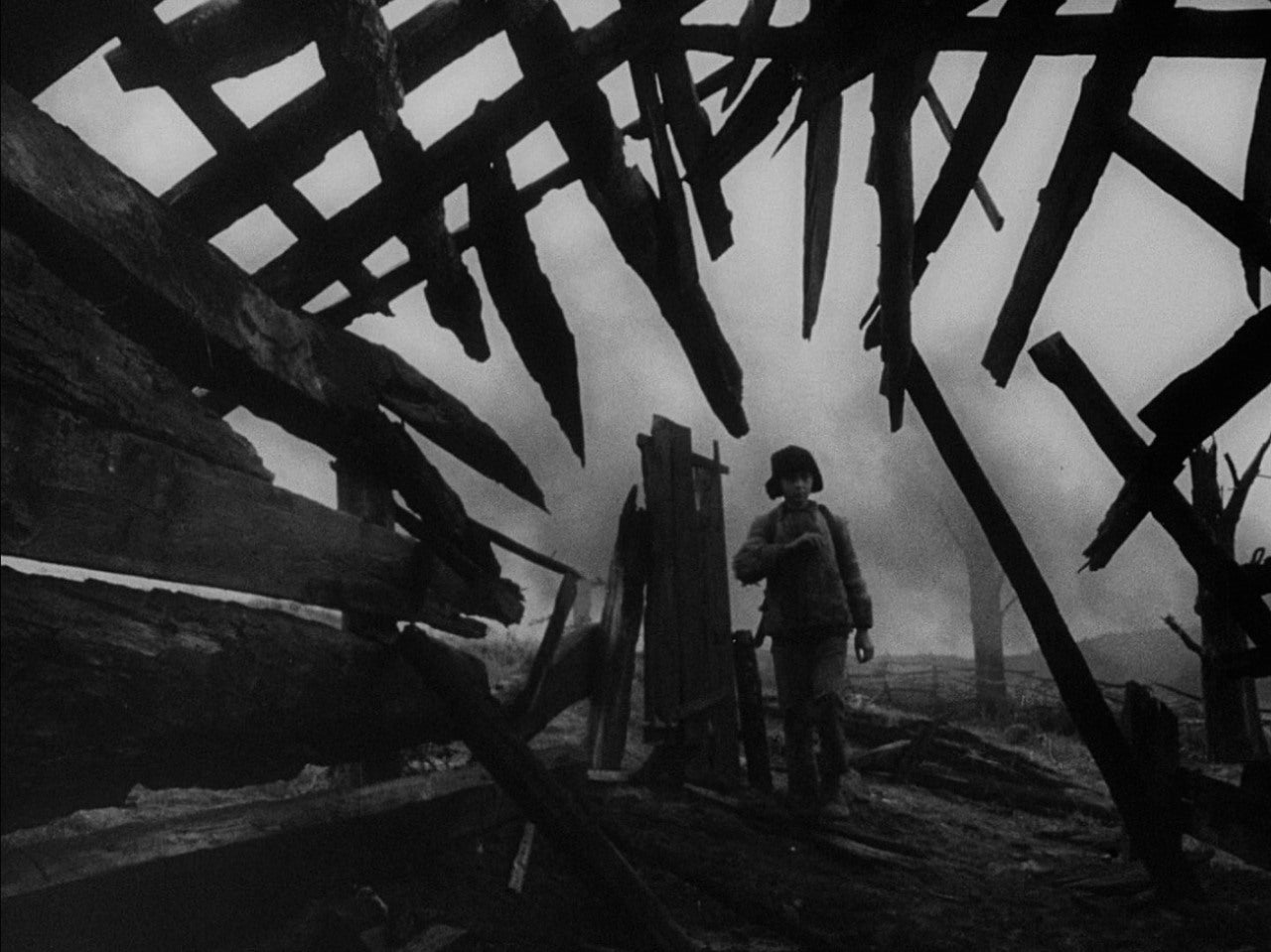Ivan’s Childhood, film review: 'The most lyrical war movie ever made pristinely restored'
(12A) Andrei Tarkovsky, 94 mins, starring: Nikolai Burlyayev, Valentin Zubkov

Your support helps us to tell the story
From reproductive rights to climate change to Big Tech, The Independent is on the ground when the story is developing. Whether it's investigating the financials of Elon Musk's pro-Trump PAC or producing our latest documentary, 'The A Word', which shines a light on the American women fighting for reproductive rights, we know how important it is to parse out the facts from the messaging.
At such a critical moment in US history, we need reporters on the ground. Your donation allows us to keep sending journalists to speak to both sides of the story.
The Independent is trusted by Americans across the entire political spectrum. And unlike many other quality news outlets, we choose not to lock Americans out of our reporting and analysis with paywalls. We believe quality journalism should be available to everyone, paid for by those who can afford it.
Your support makes all the difference.Tarkovsky’s debut feature (re-released in a pristine newly restored version) is surely the most lyrical war movie ever made. It is set at a brutal and bloody moment in the Second World War.
Its main characters have all suffered devastating personal losses as the Soviet army tries to repel the Nazi invasion - and yet the film is a coming of age story which deals with young love and in which characters still have time to discuss art and books and to listen to music.
The film opens in magical fashion with a sun-drenched dream sequence in which the 12 year old Ivan is shown as a golden haired boy in a sunny, pastoral setting, delighting in the natural world and with his mother doting on him.
The reality, when he awakens, is that he’s a desperate kid, crawling through barbed wire-strewn swamps and trying to stay alive in a war zone.
“He’s been through more than you can imagine,” we are told of the boy, who is driven by a desire for revenge, has been fighting for the partisans, and is clearly deeply traumatised.
Tarkovsky pays full attention to the squalor and pity of war but never loses his sense of poetry. Whether filming a courtship scene in the woods or showing light reflecting off the water, the camerawork is astonishingly fluid and inventive.
We are told several times that war is a man’s profession but what makes the film so distinctive is that it takes a child’s eye view.
Join our commenting forum
Join thought-provoking conversations, follow other Independent readers and see their replies
Comments